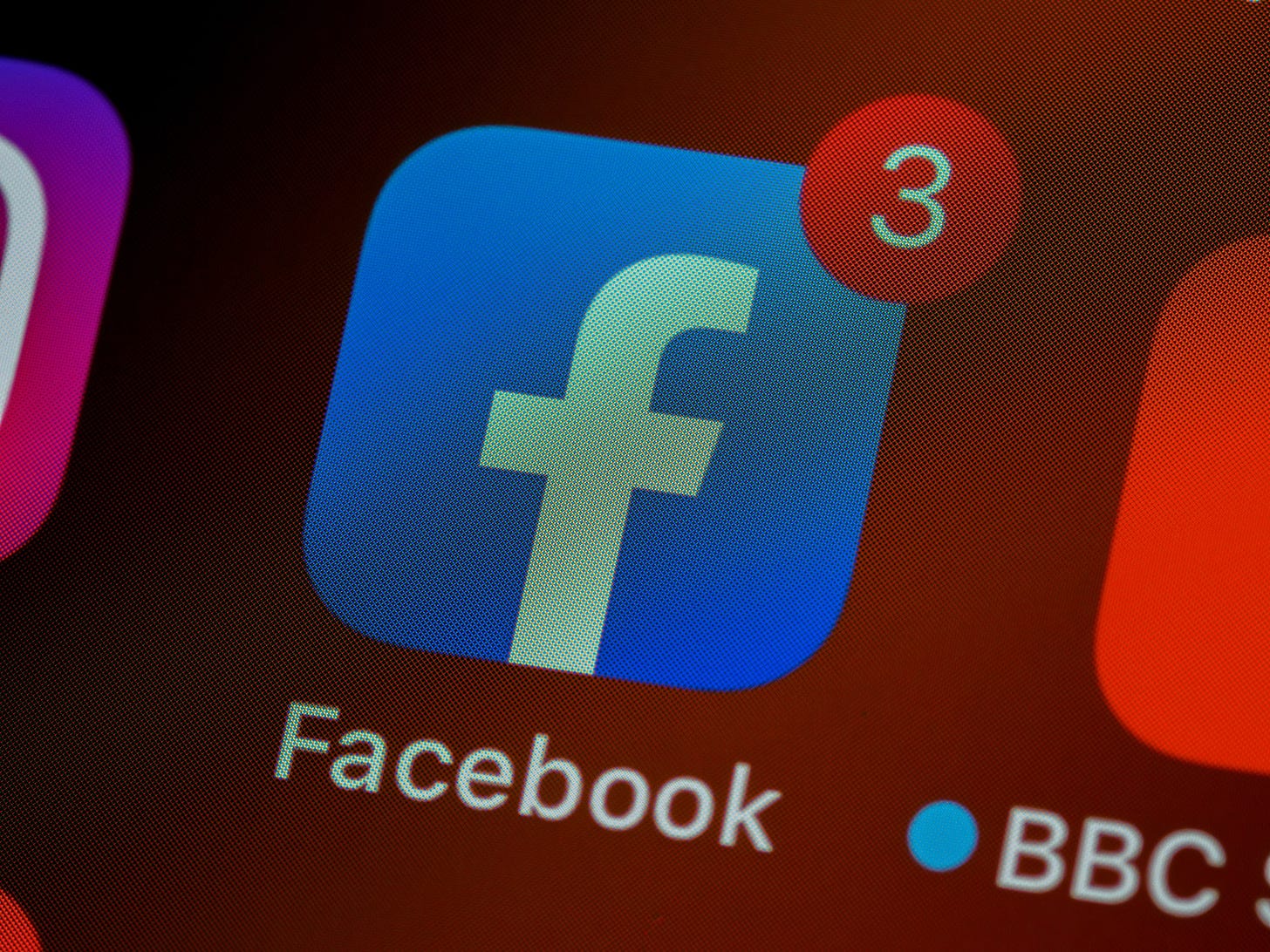Facebook Owing More Money: The $37.5 Million Privacy Lawsuit Settlement
The settlement is applicable, with few exceptions, to most people residing in the United States between January 30, 2015, and April 18, 2018. See if you qualify?
In a world where data privacy has become a key concern for individuals, Meta Platforms, the parent company of Facebook, has recently agreed to yet another class-action lawsuit settlement due to alleged privacy violations. This settlement, worth $37.5 million, comes on the heels of a previous class-action settlement only a month prior, which was also centered around privacy issues. However, while the previous lawsuit focused on the unauthorized sharing of user data, this new case targets the unauthorized tracking of user location data.
The lawsuit brought against Meta accused Facebook of tracking users' location even after users had denied the Facebook app access to the device's location on iOS and Android phones. Despite the app not having access to the phone's location functionality, it allegedly inferred the user's location via the device's IP address.
As a result, Meta has agreed to pay $37.5 million to affected parties as part of the settlement. Importantly, Meta has not admitted any wrongdoing, a common practice for companies in these types of settlements. The goal is typically to avoid the cost of ongoing legal fees that would accrue from contesting the allegations in court.
Who Can Claim?
The settlement is applicable, with few exceptions, to most people residing in the United States between January 30, 2015, and April 18, 2018, who used the Facebook app but had turned off Location Access for the Facebook app on their iOS or Android device during that period. If Facebook inferred your location via your device's IP address, you could be eligible to make a claim for a portion of the $37.5 million settlement.
However, there is a caveat. Given the vast number of potential claimants among Facebook users, payouts may be economically or administratively infeasible. If a court rules that payouts are infeasible, the settlement payment will be distributed to non-profit organizations instead. This means that while Facebook still faces a financial penalty, the funds would go to non-profits rather than individual users.
The Claim Process
If you believe you're eligible to be a claimant, you can fill out an online form on the official settlement website. Alternatively, a paper form can be printed and mailed in.
The deadline for claims is August 11, 2023. If you're mailing in a paper form, it must be postmarked by this date. If you're submitting via the online form, it must be done by 11:59 p.m. PST on the same date.
Other Options
If you don't make a claim by the deadline, you forfeit your right to receive part of the settlement and to file legal proceedings against Facebook over this issue. If you opt out of the settlement, you won't receive any money, but you will retain your right to sue Facebook individually. You can also object to the settlement. The deadline to opt-out is August 11, 2023, and the deadline to object is October 5, 2023.
When Will Payouts Be Received?
The exact timing of when claimants will receive their payout depends on whether the court approves the settlement and if the case is delayed in any way. As of now, the final approval hearing is scheduled for October 19, 2023, so payments will be issued after that date at the earliest.
The impact of this lawsuit and the resulting settlement reinforces the growing importance of data privacy in today's digital age. It serves as a reminder for all of us to stay vigilant about our digital rights and keep ourselves informed about our options when those rights are violated. Whether you are eligible for this settlement or not, it's crucial to
How to Make a Claim
For those eligible to claim from this settlement, the claim process involves submitting a valid claim form by August 11, 2023, at 11:59 Pacific Standard Time at the latest. To qualify for payment, claimants must provide their contact information to the settlement administrator via the official website. Claimants must also contact the class action administrator if their contact information or address changes between the time of filing the claim form and when the payments are processed and distributed.
The information needed to qualify includes:
Whether you are a U.S. Resident
Whether you were a Facebook user between January 30, 2015 and April 18, 2018 while being in the United States
Whether or not you had location services disabled in your Facebook app on your iPhone or Android smartphone at any time between January 30, 2015 and April 18, 2018
Whether you accessed Facebook while you had location services disabled in your Facebook application.

You may also be asked to provide your public Facebook username, if you have one, in addition to your email that is associated with your Facebook user profile. Facebook usernames help people find your public Facebook profile more easily. Your Facebook username will result in a public URL link that will look something like this:
You can find your username by:
Clicking on your user profile avatar in the circle on the top right
Clicking on 'Settings and Privacy'
On the left, you will find the 'Accounts Center'. Click on 'See more in Accounts Center' or go directly to this Facebook accounts center link
You will find a list of profiles if you have more than one profile, such as an Instagram profile as well as a Facebook account. Choose a profile
Click on username to see whether you have a username, and if so what it is. Use this profile if you are filling out the claim form.
The official website to submit your claim is www.FacebookLocationSettlement.com
The settlement of this class-action lawsuit against Meta Platforms is a significant step toward reinforcing the importance of user data privacy. While Meta has not admitted any wrongdoing and denies liability, the substantial settlement amount underscores the potential repercussions for tech companies not respecting user privacy preferences sufficiently.
For users who might be part of this settlement, it's important to note the deadlines and the process for making a claim. In the larger scope, this case serves as a reminder for all technology users to be aware of their digital rights and to take appropriate steps to protect their privacy.
Disclaimer: Some information on this site may be considered attorney advertising under your state’s laws and ethical rules. This legal news site and its content are for general information, not legal advice. Information on this site may be incomplete or out-of-date.
No attorney-client relationship is created between you and any attorney who publishes content or online forms on this site. Hiring a lawyer is an important decision that should not be based solely on advertisements.









